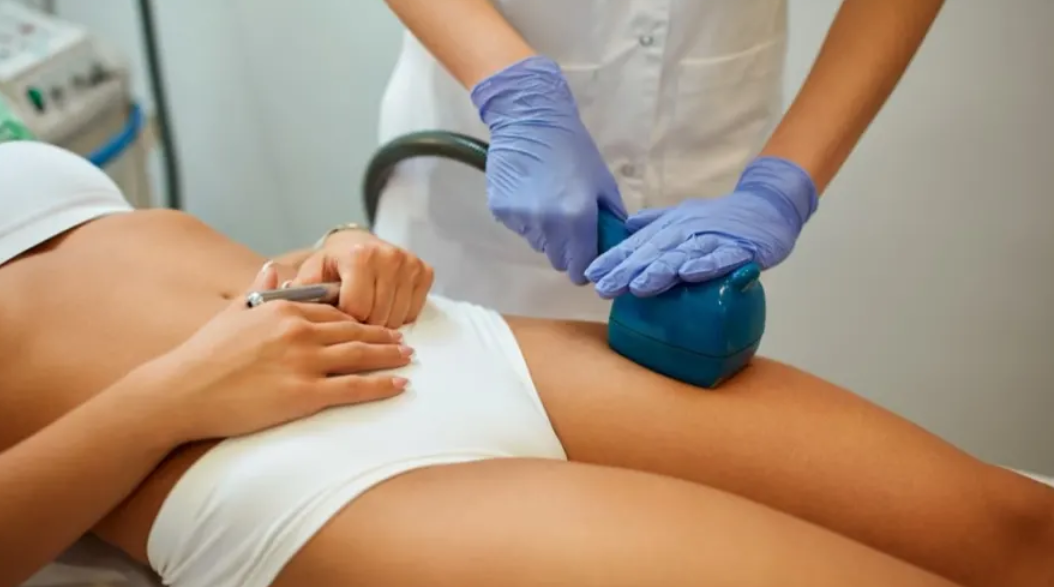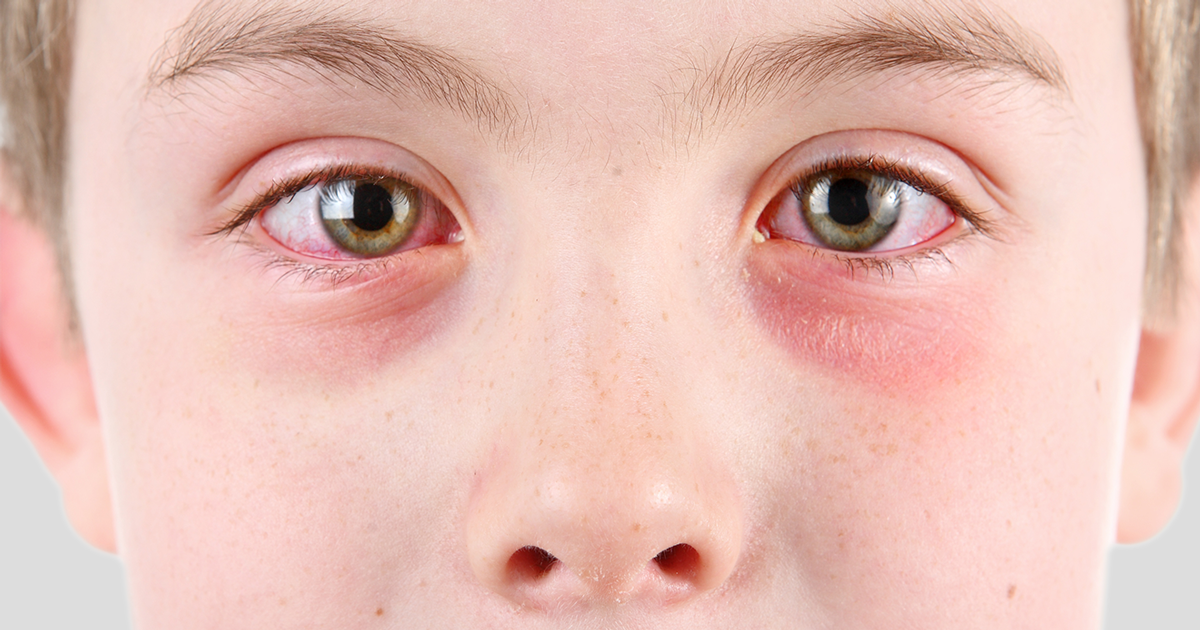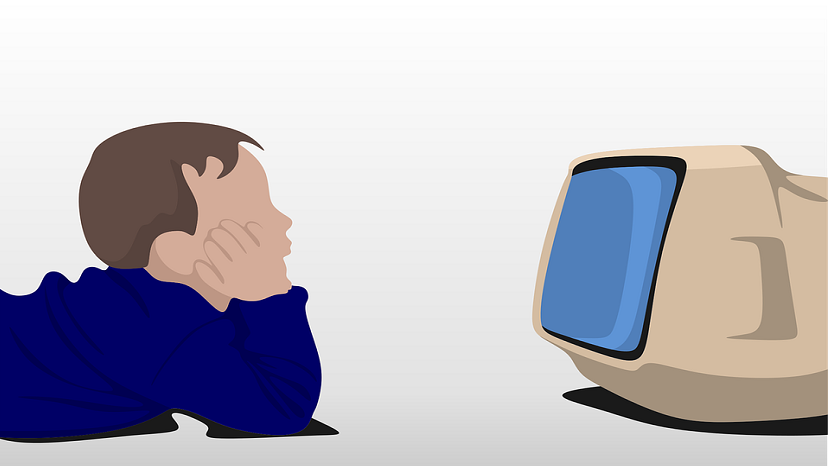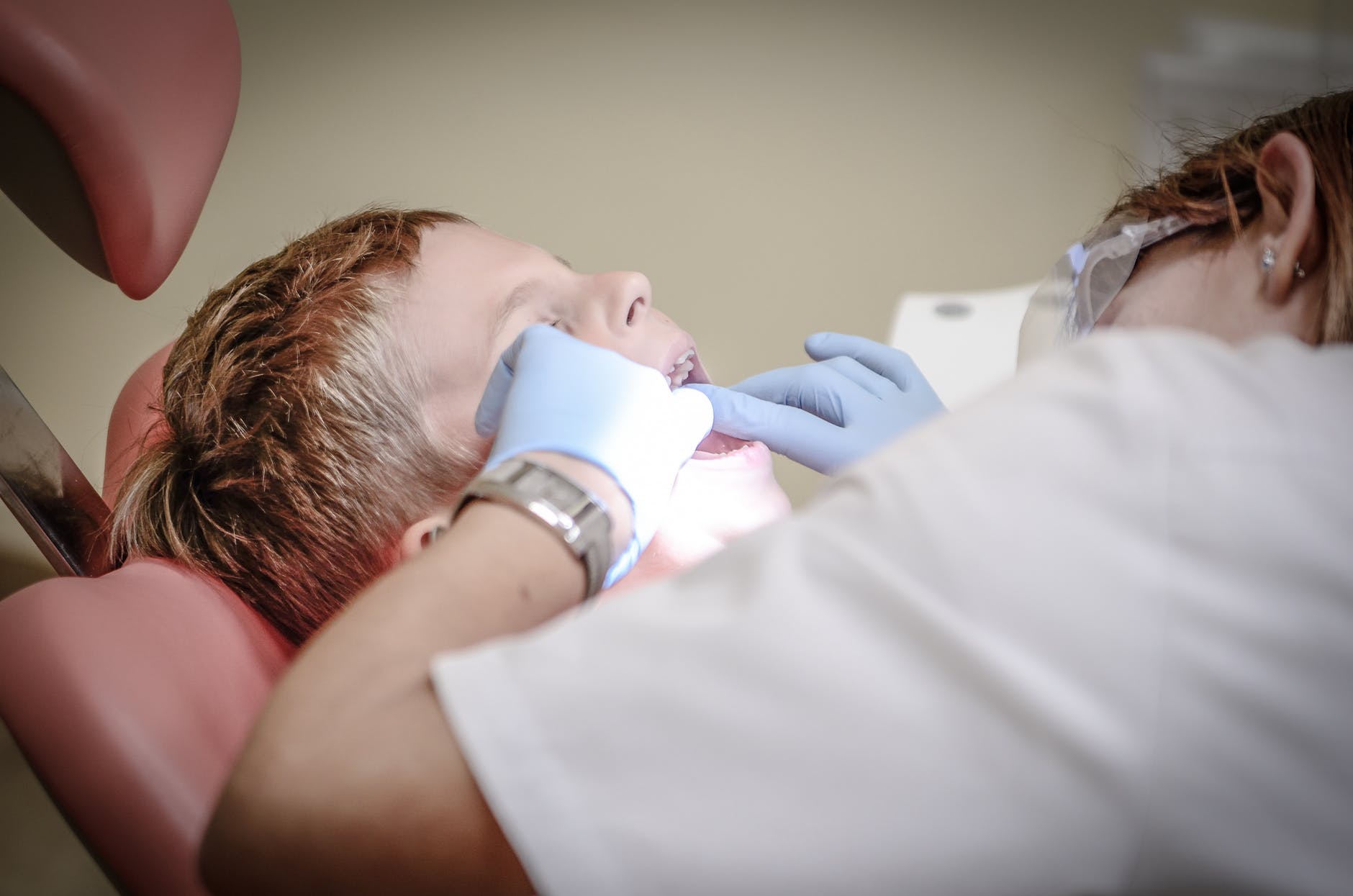Cellulite is likely to affect more than 80% of women at some point in their lives. Commonly referred to as “cottage cheese skin”, this condition creates lumpy, dimpled flesh on the thighs, buttocks, abdomen, and hips. It can happen to men and women but is much more common in women and female adolescents. Although cellulite is not a dangerous medical condition, it can be embarrassing and have a negative impact on self-confidence.
What is Cellulite?
In short, cellulite is skin that is dimpled and uneven. Its appearance and texture are often compared to that of cottage cheese, an orange peel, or a lumpy mattress. It is often graded in terms of its severity. Mild cellulite is slightly sagging skin with an orange peel appearance and 1-4 superficial depressions, moderate cellulite shows draped skin with a cottage cheese appearance and 5-9 medium-depth depressions, and severe cellulite is seriously-draped skin with a mattress look and 10 or more deep depressions.
Mild cellulite can be difficult to detect without pinching the skin. More serious cases of cellulite fat deposits require no pinching to detect, creating obvious peaks and valleys on the surface of the skin. Cellulite most commonly develops on the buttocks, and thighs, but can occur on the abdomen, breasts, and upper arms too.
What Causes Cellulite?
Scientists are not quite sure what causes cellulite, but it involves the interactions between the body fat tissue and connective tissues that lie beneath the surface of the skin. Fibrous cords that bind the skin to underlying muscle tissue form a matrix. When fat tissue underneath increases in size and volume, it can push up through this connective tissue matrix, creating uneven skin dimples. Some of the factors that are are connected with the formation of cellulite include:
- Fluctuations in levels of hormones including estrogen, T3 and T4 thyroid hormones, insulin, prolactin, and norepinephrine (noradrenaline)
- Genetic factors including the strength of the circulatory system, subdermal fat distribution, metabolic efficiency, and ethnicity
- Lower levels of collagen and elastin that are common with aging
- High-fat, high-carbohydrate, high-sodium, low-fiber diets
- Lack of physical exercise or a sedentary lifestyle
- Excess fat from weight gain
-
Smoking
Cellulite may also be more likely to develop in those who stand in one spot or sit down for long hours at their jobs and is most common in women over 25 years old who have excess body weight. However, people with a healthy weight and good fitness, teenagers, and men can also develop this skin dimpling condition.
The reason cellulite occurs more commonly in women lies in the differences between the connective tissue matrices in women and men, as well as how their bodies distribute muscle and fat tissue. Connective tissues are arranged in a repetitive vertical pattern in women, while men’s connective tissues form a criss-cross design. The more complex design of this connective tissue in men is thought to make it more difficult for fat cells to penetrate upward to create cellulite depressions.
Cellulite Treatments and Procedures
Cellulite is not considered dangerous and treatment of cellulite is not medically necessary. However, millions of people are concerned about it’s appearance. Board-certified plastic surgeons and licensed dermatologists offer various surgical treatments for cellulite removal, including:
Cellfina
Cellfina is a FDA-approved surgical treatment used to eliminate cellulite. It uses tiny blades to release the fibrous cords of the connective matrix that hold the skin down. Results can last up to 3 years for this outpatient procedure that costs between $3,500 – $6,500 per area treated. Most patients are fully recovered within 2 weeks.
Cellulaze
Cellulaze is also approved by the FDA as a safe method for releasing the fibrous bands that connect the skin to muscle tissues below. This procedure uses laser energy to cut the connective cords, stimulate collagen production, increase skin thickness, and melt away some of the fat in the treatment area. It requires less recovery time than Cellfina, but its results are shorter lasting.
Radiofrequency for Cellulite Treatment
There are various noninvasive radiofrequency cellulite treatment options available, but all are designed to target and eliminate fat cells. This results in a healing response from the body that includes increased elastin and collagen production. The fat cells that are destroyed then travel through the lymphatic system for elimination from the body. Three popular types of radiofrequency (RF) cellulite treatments are BodyFX, Velasmooth, and Velashape.
This RF cellulite treatment increases the temperature of deep tissues and reduces fat cells using a special temperature-sensing cannula. A single treatment takes between 30-60 minutes and costs between $1,800-$2,400. Multiple sessions are needed to achieve optimal results. Upkeep treatments are needed every 3-4 months.
Velasmooth received FDA approval in 2005 and uses radiofrequency energy, infrared light rays, and tissue mobilization to soften connective tissues and reduce fat accumulations in targeted areas. Massage rollers and a vacuum help to mobilize the tissue and smooth out the fibrous strands that hold the skin down. The treatments take 30-45 minutes, cost between $60 – $350, and have no downtime.
Like its predecessor Velasmooth, Velashape enhances body contours using infrared light, RF energy, massage, and vacuuming. This helps to break down fat cells, increase circulation, stimulates collagen production, and encourages the lymphatic system to get rid of the cellular debris that results. Patients typically requires 4-6 treatments to see the results they’re after. The cost is $800 – $2,400 per treatment.
Vacuum & Massage
Various other cellulite treatments are available that do not use surgical blades, laser energy, or RF energy. Instead, they use combinations of massage, vacuum suction, and the subdermal injection of carbon dioxide to stimulate collagen production and smooth the skin.
Endermologie is FDA approved for cellulite reduction and combines the powers of massage (to stimulate circulation) and suction (to smooth out skin dimples). It typically requires one day to recover from each treatment and costs between $50 – $300.
Carboxy therapy is a safe technique that is used to treat various ailments like dark circles under the eyes, poor circulation, stretch marks, and cellulite. CO2 is injected under the skin which stimulates blood flow as well as collagen production. Treatments cost up to $250 and cause no downtime.
Like carboxy therapy, mesotherapy involves subdermal injections. However, instead of injecting carbon dioxide gas, liquid solutions containing enzymes, hormones, vitamins, minerals, and herbal extracts are used.
Home Remedies
Numerous creams, scrubs, massage rollers, and essential oils are said to help reduce the appearance of cellulite. However, these products lack scientific evidence to support their use and may not be effective. Shop carefully and pay attention to previous user reviews if you are considering these at-home cellulite treatments.
Creams and Scrubs
Various scrubs and creams are offered to help combat cellulite and smooth out the skin simples it causes. These products contain different recipes of vitamins, minerals, antioxidants, herbal extracts, and other compounds that may be helpful for reducing cellulite in some people. However, there have been no studies on these products and some are linked to possibilities for skin rashes and other adverse side effects.
Essential Oils
A variety of essential oils are recommended for improving the appearance of cellulite including cinnamon, cypress, geranium, juniper, neroli, and rosemary. Be sure to choose non-GMO, organic essential oils that are certified by a third party to be free of contaminants and to contain what they claim to.
Massage & Rollers
Massage roller products for cellulite treatment are claimed to increase circulation, stimulate production of elastin and collagen, reduce fluid accumulations under the skin, and remove toxins from the body that contribute to the formation of cellulite. These products may provide some degree of improvement with regular use, but the results are typically short-lived and minimal.
Clearly, there are numerous treatments for cellulite dimples. However, aside from plastic surgery and radiofrequency energy treatments, most produce temporary and marginal results. Many of the cellulite treatment products for sale fail to meet their marketing claims and provide minimal if any benefits.
Healthy lifestyle choices about eating, drinking, aerobic exercises, strength training, and not smoking can go a long way toward inhibiting the development of cellulite, especially as you age. For everything else, talk to your board-certified plastic surgeon or dermatologist.
This article was earlier published on The Complete Guide to Cellulite




